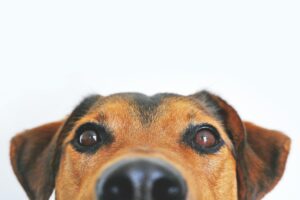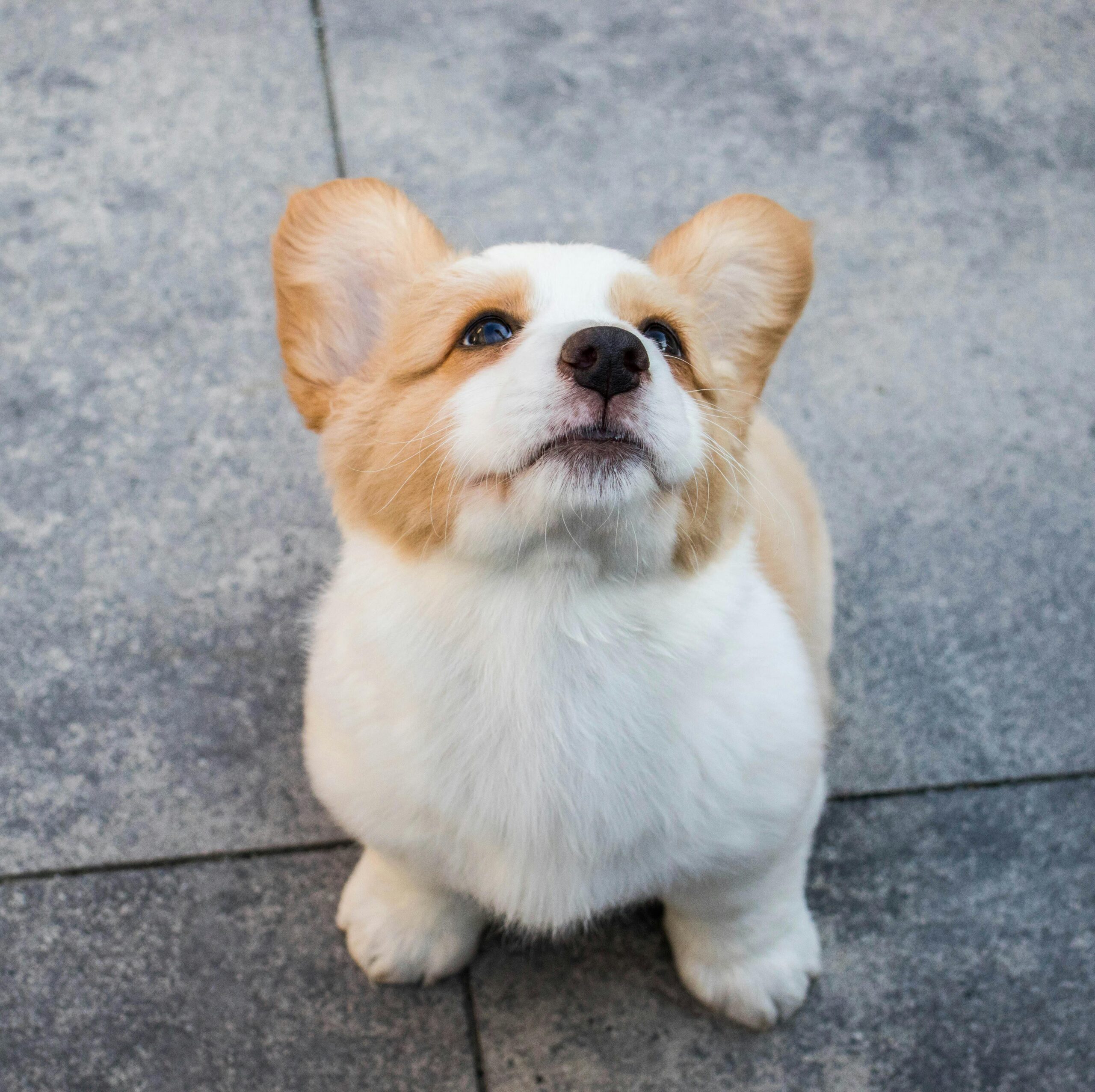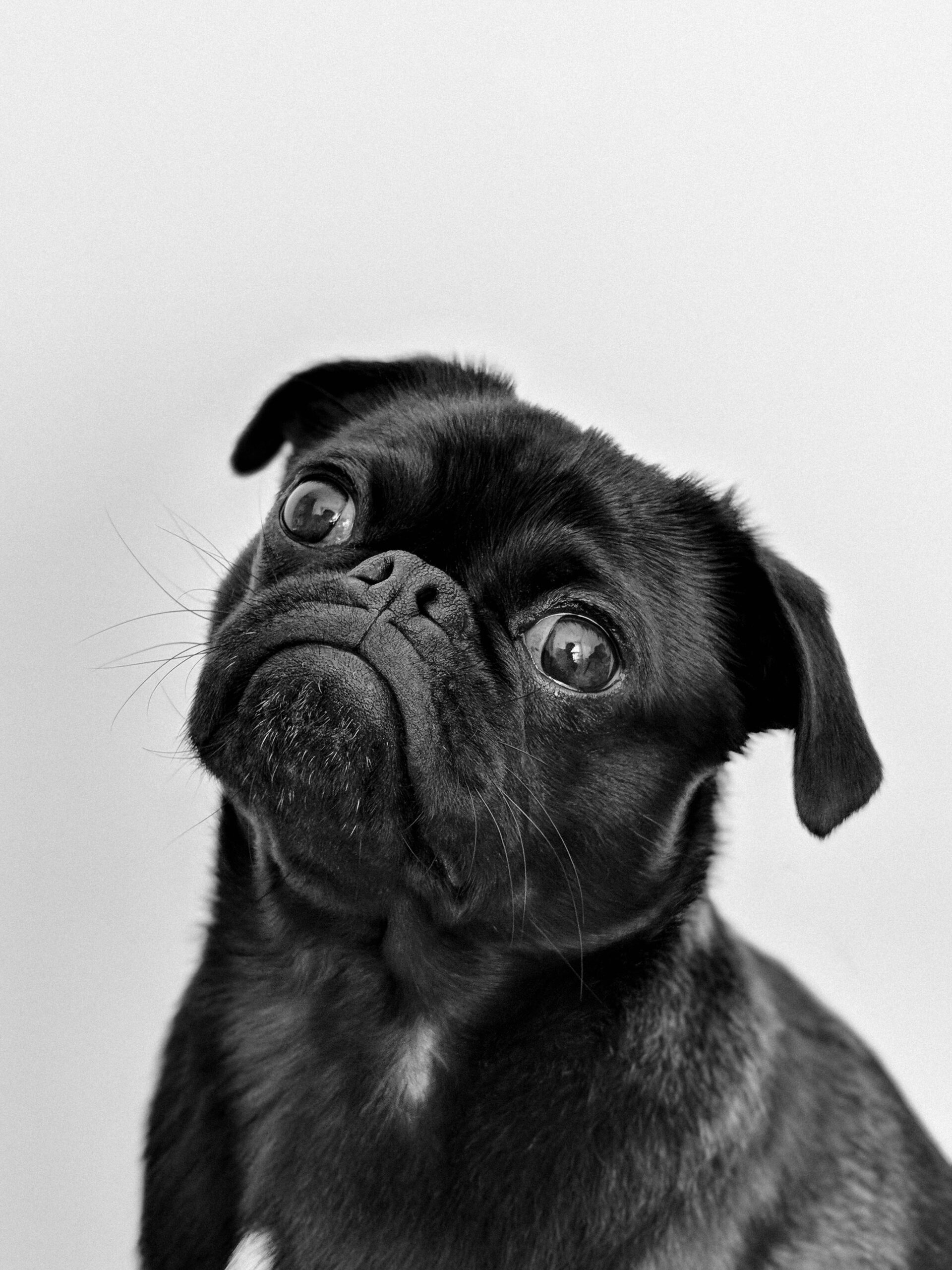
Top 10 Foods That Are Safe (and Unsafe) for Dogs
Introduction Sharing food with our furry friends is a tempting way to show love, but not all human foods are created equal when it comes to our dogs. While some treats from the table are safe and even beneficial, others can be dangerous or toxic. Here’s a handy guide to help you navigate what’s good and what’s not when it comes to your pup’s diet.
Safe Foods for Dogs
- Carrots Crunchy, low-calorie, and packed with vitamins, carrots are a great snack for dogs. They’re also excellent for dental health as they can help scrape plaque off teeth.
- Blueberries These tiny fruits are loaded with antioxidants and make a fantastic, bite-sized treat for your dog. Bonus: no preparation required!
- Apples An apple a day might just keep the vet away! Apples are rich in fibre and vitamins A and C. Just remember to remove the core and seeds.
- Peanut Butter A dollop of unsweetened, xylitol-free peanut butter is a delicious treat for dogs. It’s perfect for stuffing into a toy or as a distraction during grooming sessions.
- Pumpkin Pumpkin is a superfood for dogs. It’s great for digestion and can help with both diarrhoea and constipation. Stick to plain, cooked pumpkin without any added sugar or spices.
Unsafe Foods for Dogs
- Chocolate Chocolate contains theobromine, which dogs can’t metabolise effectively. Even a small amount can be toxic, so keep those chocolate bars far out of reach.
- Onions and Garlic These may add flavour to your dishes, but they’re a no-go for dogs. Both can damage red blood cells and lead to anaemia.
- Grapes and Raisins These seemingly harmless fruits can cause kidney failure in dogs. Even a small amount can lead to serious health issues.
- Avocado Avocado contains persin, which can upset your dog’s stomach. While small amounts of the flesh might be safe, it’s best to avoid it altogether.
- Alcohol It might seem obvious, but alcohol in any form is highly toxic to dogs. Even small sips can lead to vomiting, diarrhoea, or worse.
Conclusion When in doubt, always consult your vet before introducing new foods to your dog’s diet. A little extra care and knowledge can go a long way in ensuring your pup’s safety and happiness. After all, a healthy dog is a happy dog—and that means more tail wags, cuddles, and adventures together!
Stay tuned for more tips and advice to keep your furry friend thriving. Got a favourite safe snack for your dog? Share it in the comments below!



